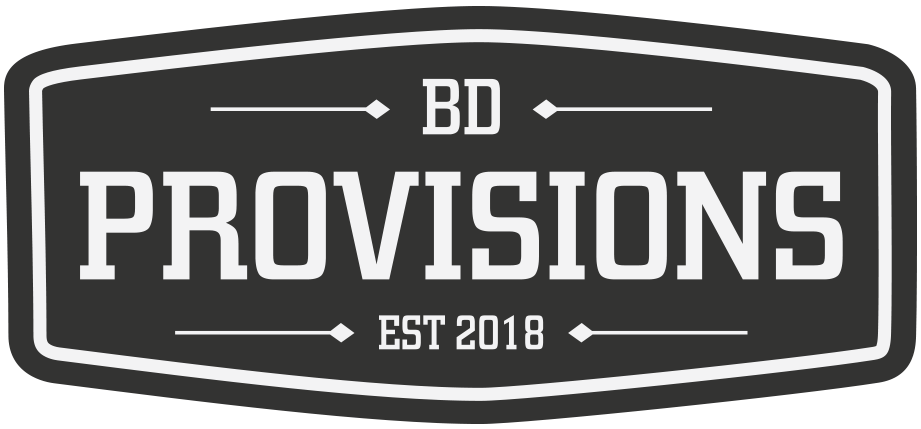By Alissa Silber
Published: January 05, 2019 at 07:00 am
In Newtown, individuals have been doing their part to reduce single-use plastics by using reusable water bottles, requesting restaurants eliminate straws, and supporting the local ban on plastic shopping bags — but there is still another sticky situation at hand: plastic wrap.
Most plastic wraps are commonly made of PVC (polyvinylidene chloride) or LDPE (low-density polyethylene). The latter is considered safer for the body and environment, RecycleBank reports, because of PVC’s “health concerns regarding phthalates, the chemical plasticizers that make PVC softer and more flexible, and the environmental concerns of dioxins from chlorine…”
Certain plasticizers can expose consumers to chemicals that can be absorbed into hot and fatty food, RecycleBank details, and the toxins have been shown to cause cancer in lab animals. Plastic wrap is also unable to be recycled due to the chemicals and resins used to make it sticky.
Natural Alternatives
Fortunately, there are simple, easy ways to reduce and replace the need for plastic wrap in everyday life.
The switch to using lunchboxes and reusable containers with lids can help for storing and transporting food; alternative products on the market also offer a similar flexibility and sealant to plastic wrap.
The online brand Etee (Everything Touches Everything Else) markets a variety of colorful, reusable, and biodegradable wraps that are made from USDA organic beeswax, clove and cinnamon essential oils, and jojoba oil.
Similarly, another product called Bee’s Wrap is offered locally at BD Provisions, 125 South Main Street.
Owner John Boccuzzi uses the malleable food wraps — which are made of GOTS-certified organic cotton, sustainably sourced beeswax, organic jojoba oil, and tree resin — in his daily life as an alternative to plastic wrap.
Whether looking to ditch the dependency on plastic wrap for environmental or health reasons, there are small changes that can add up to make a big difference.
And that’s a wrap.

